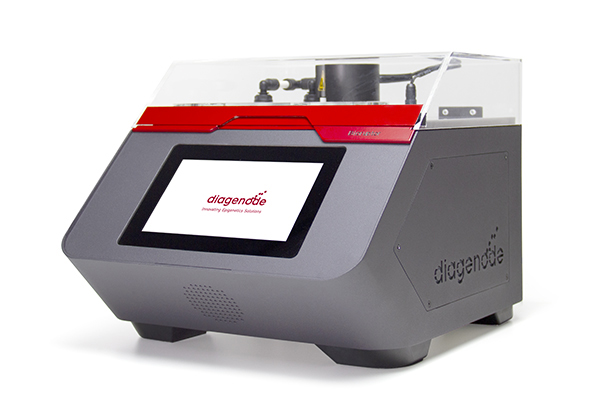Strathmann E. A. et al.
Dysregulated Plastin 3 (PLS3) levels associate with a wide range of skeletal and neuromuscular disorders and the most common types of solid and hematopoietic cancer. Most importantly, PLS3 overexpression protects against spinal muscular atrophy. Despite its crucial role in F-actin dynamics in healthy cells and its involvement in many diseases, the mechanisms that regulate PLS3 expression are unknown. Interestingly, PLS3 is an X-linked gene and all asymptomatic SMN1-deleted individuals in SMA-discordant families who exhibit PLS3 upregulation are female, suggesting that PLS3 may escape X chromosome inactivation. To elucidate mechanisms contributing to PLS3 regulation, we performed a multi-omics analysis in two SMA-discordant families using lymphoblastoid cell lines and iPSC-derived spinal motor neurons originated from fibroblasts. We show that PLS3 tissue-specifically escapes X-inactivation. PLS3 is located ∼500 kb proximal to the DXZ4 macrosatellite, which is essential for X chromosome inactivation. By applying molecular combing in a total of 25 lymphoblastoid cell lines (asymptomatic individuals, individuals with SMA, control subjects) with variable PLS3 expression, we found a significant correlation between the copy number of DXZ4 monomers and PLS3 levels. Additionally, we identified chromodomain helicase DNA binding protein 4 (CHD4) as an epigenetic transcriptional regulator of PLS3 and validated co-regulation of the two genes by siRNA-mediated knock-down and overexpression of CHD4. We show that CHD4 binds the PLS3 promoter by performing chromatin immunoprecipitation and that CHD4/NuRD activates the transcription of PLS3 by dual-luciferase promoter assays. Thus, we provide evidence for a multilevel epigenetic regulation of PLS3 that may help to understand the protective or disease-associated PLS3 dysregulation.


